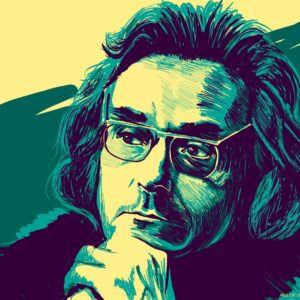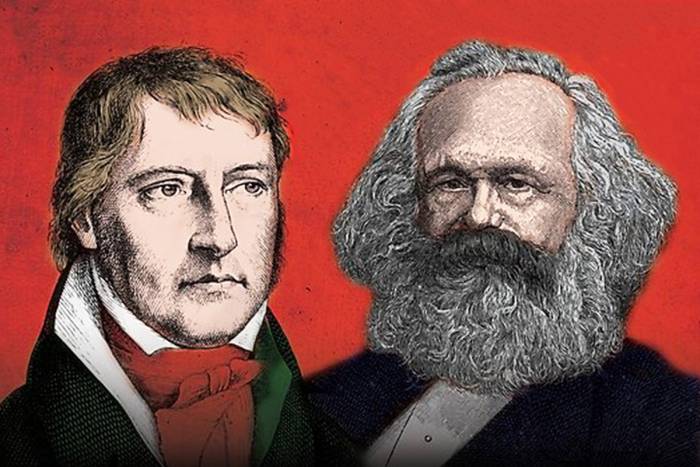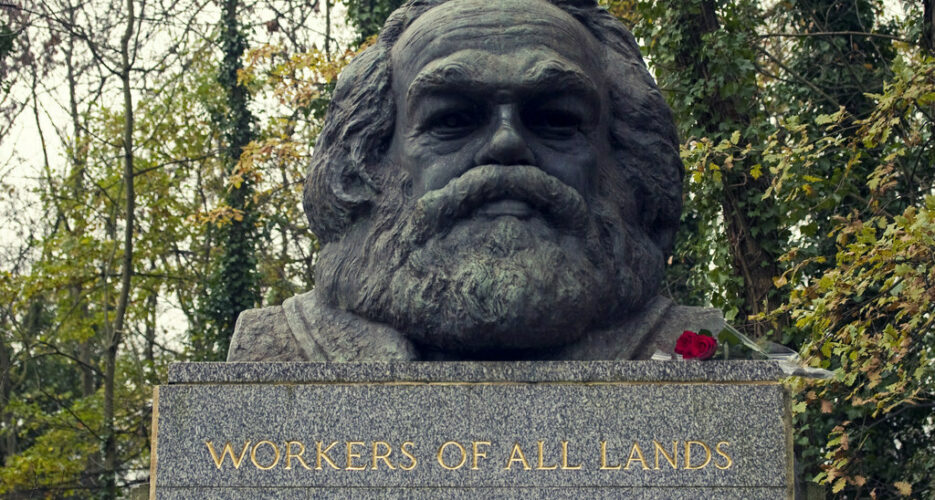
Finding Ilyenkov: How a Soviet P

Finding Ilyenkov: How a Soviet P

By Raju J Das
November 20, 2020 — Links International Journal of Socialist Renewal — In a recent interview given to Jacobin, David Harvey (2019) says this about Marxism: “I still don’t know what it means”.It is difficult to exactly know how to understand this cryptic statement from one of the world’s most well-known Marxists. But this is not an unusual view. Many “Marxists” are “shy” to define their Marxism. It is also interesting that while there are numerous academic journals (e.g. Science & Society, Historical Materialism) that claim to be Marxist, they do not explicitly define their Marxism. When they say they are open to all varieties — forms — of Marxism, the question is: forms or varieties of what? There has to be content for it to have many forms. And to the extent that it is possible to know what someone or some entity (e.g. journal or group) means by Marxism, this Marxism often has little to do with the Marxism that was founded by Karl Marx and Friedrich Engels in the 19th century, and continued by Vladimir Lenin, Rosa Luxemburg, Leon Trotsky and their followers in the 20th century.

By Seiya Morita
September 24, 2020 — Links International Journal of Socialist Renewal — "The Roots of Karl Marx's Anti-Colonialism"[1] by Thierry Drapeau in Jacobin examines the influence of the Chartist Leftist Ernest Jones on the development of Marx's anti-colonialist thinking in the 1850s. Drapeau’s analysis is enlightening, but raises some questions.

September 20, 2020 — Links International Journal of Socialist Renewal — In collaboration with Resistance Books, Socialist Alliance has set up a new page on its website called PDFs for study & education: https://socialist-alliance.org/education-downloads
This page lists all the Resistance Books titles (including some now out of print) plus a number of items which previously only existed as photocopied pamphlets.


By Ian Parker
February 13, 2020 — Links International Journal of Socialist Renewal reposted from FIIMG — What can we hope for and strive for in a world in which globalised capitalism is rampant and is driving us all to destruction? We have a responsibility to link theory and practice in order to put an end to capitalism once and for all. The century of revolutions, from 1917 to 2017, has provided progressive political narratives and conceptual tools which deepen and extend revolutionary Marxism, and we need to draw on those conceptual tools to bring the Marxist tradition to life again, acting alongside other progressive forces. Now, in this century, Marxism is a theory and practice of emancipatory politics, providing a revolutionary praxis for liberation movements, and our task is to make socialism visible as an alternative, in our forms of struggle and in our vision of another world beyond capital. We can begin to imagine what a future socialist society might look like, albeit with a status of little more than fiction for us now. We need to start here, with where we are and with what we have as existing conditions of life and resources for struggle. I focus on ten aspects of Marxism, showing what it pits itself against and suggesting what kind of world it makes possible for us.
Speech given by Michael Heinrich at 12th Subversive festival "Europe on the Edge – Towards New Emancipatory Imagination" Moderated by Stipe Ćurković.
February 13, 2020 — Links International Journal of Socialist Renewal via SkriptaTV — The first volume of Capital appeared more than 150 years ago. However, it didn’t just picture capitalism of 19 th century. Marx didn’t want to present a certain period of capitalist development, he claimed to present the capitalist mode of production in its “ideal average”, i.e. the core of capitalist relations, which are connected with any form of capitalism. I will discuss this claim especially with regard to value, money, crisis and class relations.

By Raju J Das
October 20, 2019 — Links International Journal of Socialist Renewal — If revolution is necessary, what is necessary for revolution? Many things are necessary. There has to be a numerically large mass of workers who are suffering, who are class conscious and who are engaged in trade union and political struggle. Revolution also needs “a correct revolutionary theory” (Lenin, 1968). And theory — or more broadly, revolutionary intellectual work — has to be consciously produced. Then the question is: what is the role of the academic world in this production, in relation to the world of political revolutionaries (e.g. party-based intellectuals), and what is the connection between intellectual work and political program. This short article provides some basic reflections on this question in a schematic form.

By Richard Fidler
September 7, 2019 — Links International Journal of Socialist Renewal reposted from Life on the Left — Global capitalist crisis, impending ecological disaster, and new responses by popular movements in some regions, particularly in Latin America, inspire radical thinking about the need to go “beyond capital.” But how to attain the desired “system change” — today, an ecosocialist regime in place of capitalist rule — continues to be a matter for debate and experimentation.